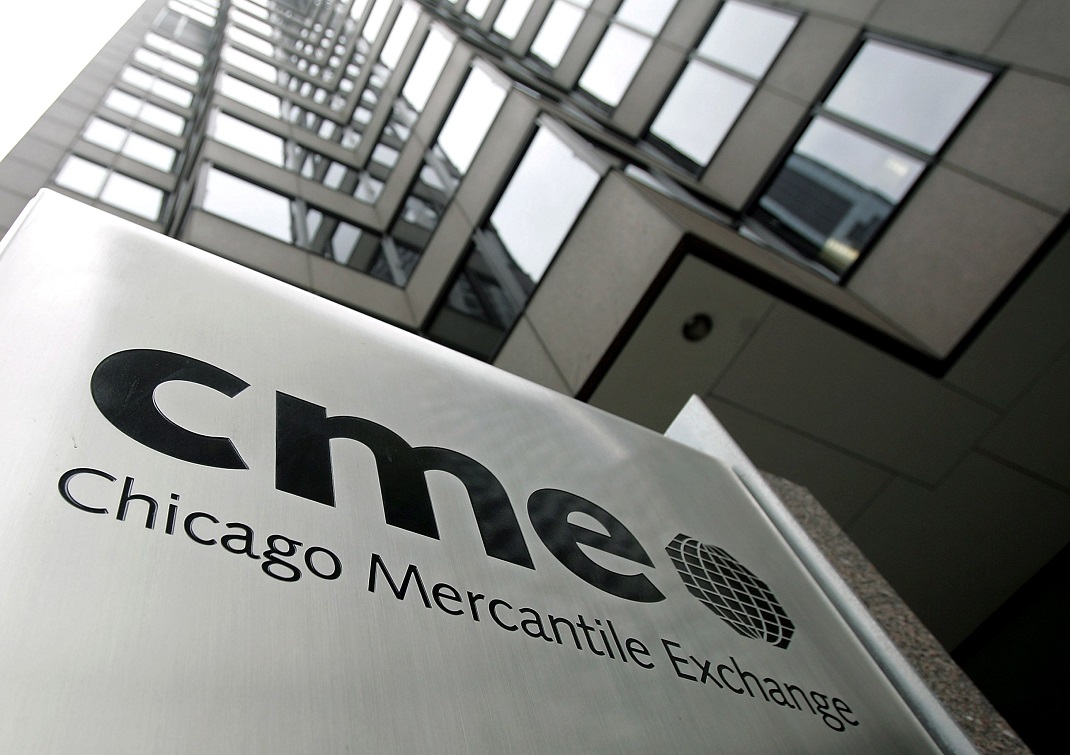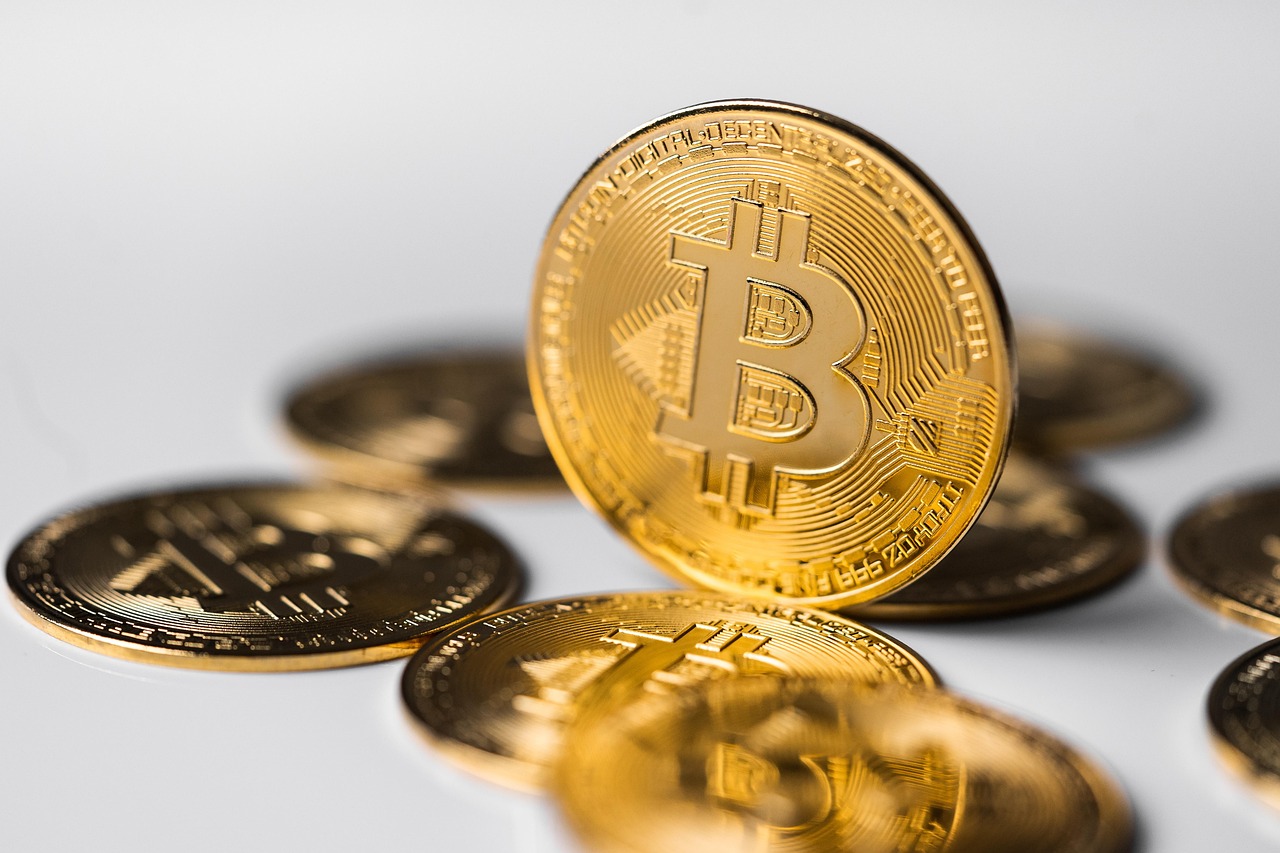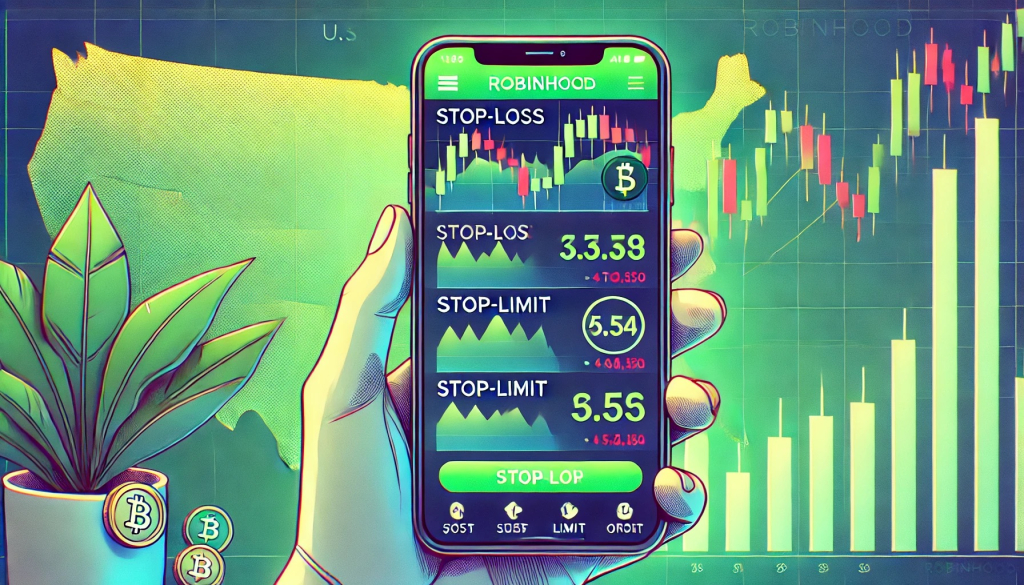When it comes to Japan and cryptocurrency, most people now think of Metaplanet—the public company following a Bitcoin (BTC) accumulation strategy similar to MicroStrategy, led by Michael Saylor. But long before Metaplanet’s April 2024 pivot to Bitcoin, Japan had already made a significant impact on crypto history.
On April 1, 2017, Japan became the first country to legally recognize Bitcoin as a form of payment. This groundbreaking regulation marked a turning point, triggering widespread adoption within Japan’s economy and sparking global interest in digital assets. Businesses were able to accept BTC, and consumers, including tourists, could use it as a legal method of payment.
According to Fidelity Digital Assets, this move not only legitimized Bitcoin but also fueled the 2017 bull run. At the time of Japan’s decision, Bitcoin was trading at just $1,098. By the end of that year, BTC had skyrocketed to an all-time high of $19,343, driven in part by Japan’s favorable regulatory stance.
Fast forward to today, and Metaplanet continues to embrace Bitcoin under similar regulatory clarity. The company recently issued $13.3 million in zero-interest bonds to fund future BTC purchases, reinforcing Japan’s role as a Bitcoin-friendly nation. This bold move reflects growing confidence in Bitcoin’s long-term value and profitability—even through debt-financing strategies.
Japan’s early leadership in crypto regulation remains a key example of how government support can influence adoption and market growth. As more countries consider regulatory frameworks for crypto, Japan’s model may serve as a blueprint. If followed widely, experts like Fidelity’s Jurrien Timmer believe Bitcoin could challenge gold’s dominance sooner than expected.
























Comment 0